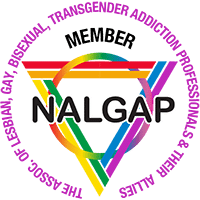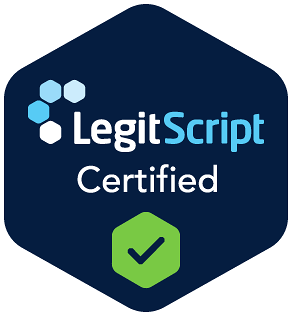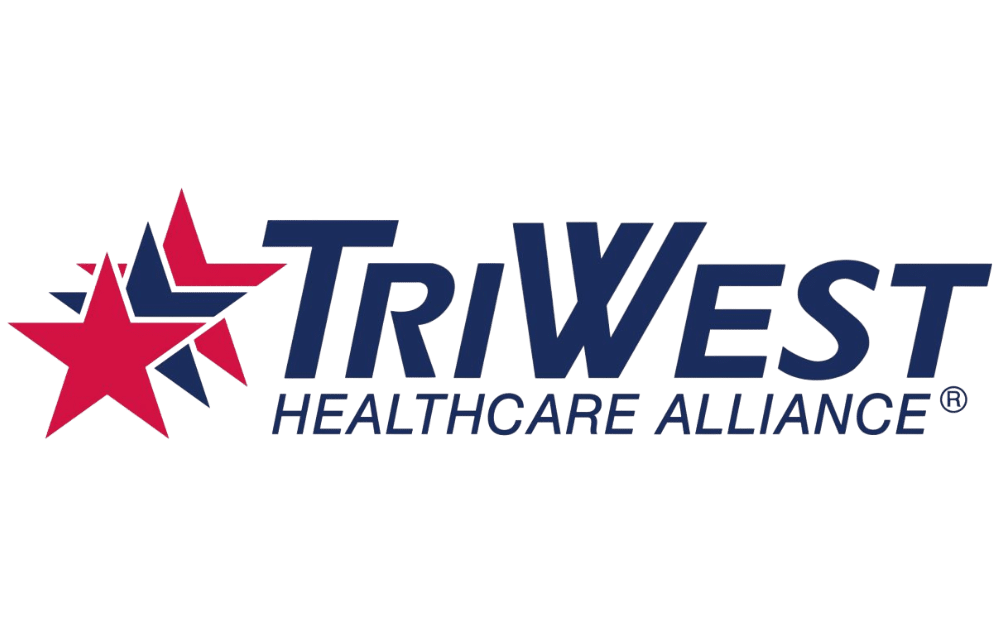12 step program – Resources
12 Step Program
Introduction to the 12 Step Program
At Mile High Recovery Center, we understand that recovery from addiction is a deeply personal journey. Many people find their path to healing through a 12 step program, which offers structured support and community connectivity. Originating with Alcoholics Anonymous (AA), the 12 step program serves as a cornerstone for a variety of support groups, each tailored to address specific addictions and behavioral challenges.
Alcoholics Anonymous and Its Legacy
Alcoholics Anonymous (AA) was the first 12 step program established, and its success has inspired countless adaptations. At Mile High, we honor the foundation AA laid by integrating its principles into many aspects of our treatment approaches. Like the AA meetings, we focus on admitting the problem, seeking help, and making amends as a vital part of the healing process.
Expanding Support Through Specialized 12 Step Programs
Narcotics Anonymous
Narcotics Anonymous (NA) is a beacon of hope for those struggling with drug addiction, providing an inclusive environment where members find solidarity in shared experiences. At Mile High, we encourage participation in NA meetings to complement our clinical treatments, fostering a well-rounded recovery strategy.
Overeaters Anonymous
Overeaters Anonymous (OA) caters to individuals struggling with compulsive eating behaviors. We understand that these challenges often intersect with other mental health concerns, and our programs offer resources to address both the physical and emotional components of overeating.
Gamblers Anonymous
For those whose lives have been disrupted by gambling, Gamblers Anonymous (GA) offers a path towards recovery. Our treatment center includes support for compulsive gambling, recognizing that the financial and emotional toll can be as devastating as substance addiction.
Holistic Healing for Co-Occurring Disorders
Dual Recovery Anonymous
Dual Recovery Anonymous (DRA) provides a unique space for individuals managing both mental health disorders and addiction. At Mile High, we know how critical it is to treat co-occurring conditions simultaneously, and DRA meetings are an invaluable component of our dual-diagnosis services.
Emotions Anonymous
Emotional well-being is a vital aspect of recovery. Emotions Anonymous (EA) supports those struggling with emotional and mental health challenges, and at Mile High, we incorporate these emotional healing philosophies into our therapeutic practices, including cognitive and dialectical behavioral therapies.
Family and Community Engagement
Adult Children of Alcoholics
Adult Children of Alcoholics (ACoA) meetings offer support for those who have grown up in alcoholic or dysfunctional households. We integrate family therapy into our programs to address the long-lasting impact of these experiences and promote healing within family units.
Al-Anon/Alateen
Al-Anon and Alateen provide support for family members and teenagers affected by someone else’s drinking. At Mile High, we emphasize that recovery is a family journey, offering family programs to help loved ones understand and support the recovery process.
Addressing Diverse Addiction Challenges
Celebrate Recovery
Celebrate Recovery is a Christ-centered program that aids recovery from a broad spectrum of issues. At Mile High, we respect and support spiritual paths in recovery, integrating spiritual care into our comprehensive treatment plans.
Co-Dependents Anonymous
Co-Dependents Anonymous (CoDA) supports individuals looking to break free from patterns of codependency. Our therapeutic interventions at Mile High emphasize building healthy interpersonal relationships as part of a balanced recovery.
Substance-Specific Support Programs
- Crystal Meth Anonymous (CMA)
- Heroin Anonymous (HA)
- Marijuana Anonymous (MA)
- Pills Anonymous (PA)
- Sex Addicts Anonymous (SAA)
We recognize the need for substance-specific recovery support, and at Mile High, we incorporate these specialized groups to meet the diverse needs of our clients, ensuring that everyone has access to targeted, relevant assistance on their recovery journey.
Conclusion
At Mile High Recovery Center, embracing the principles of the 12 step program allows us to provide holistic, community-oriented, and inclusive recovery services. With our comprehensive approach, which includes evidence-based therapies and experiential modalities, we strive to empower every individual to achieve long-term recovery and a renewed sense of purpose. Whether through participation in Anonymous group meetings or individualized therapy, our goal is to support and guide each person towards a life of fulfillment and sobriety.
















